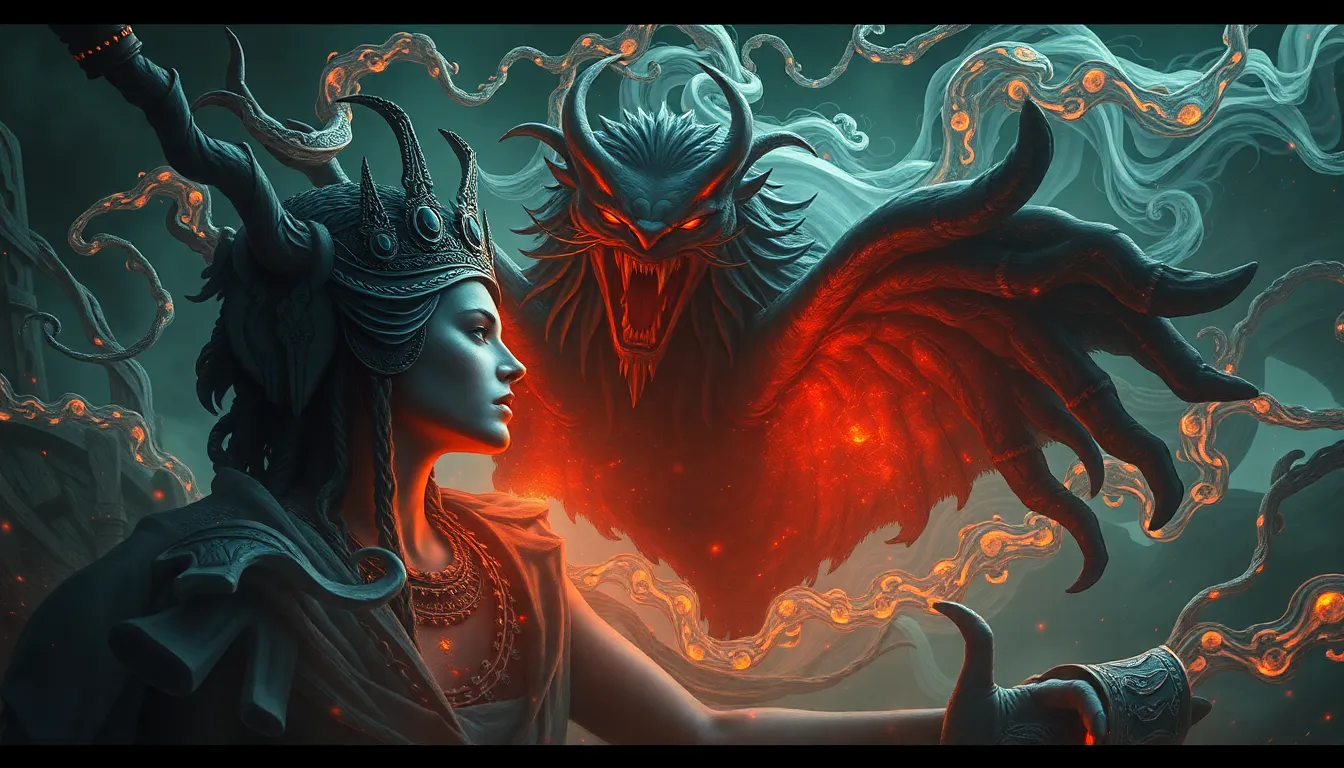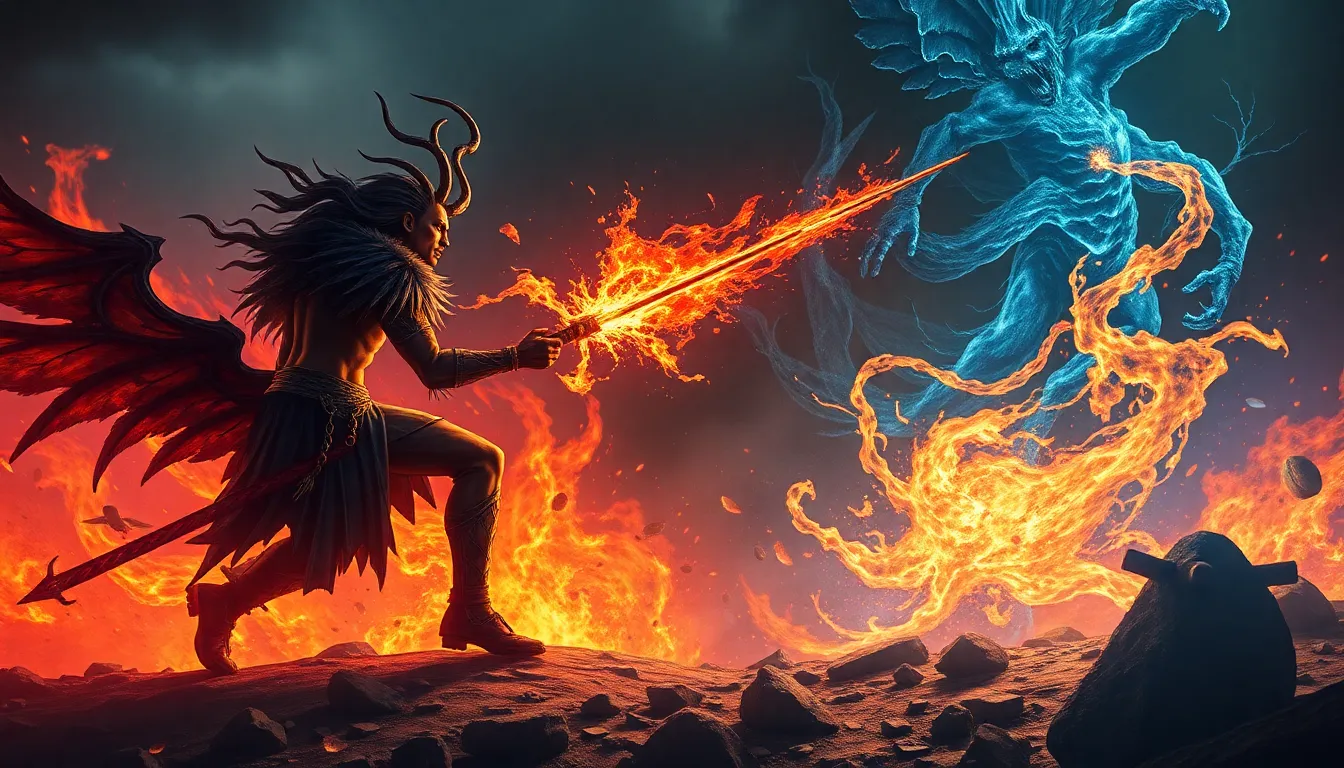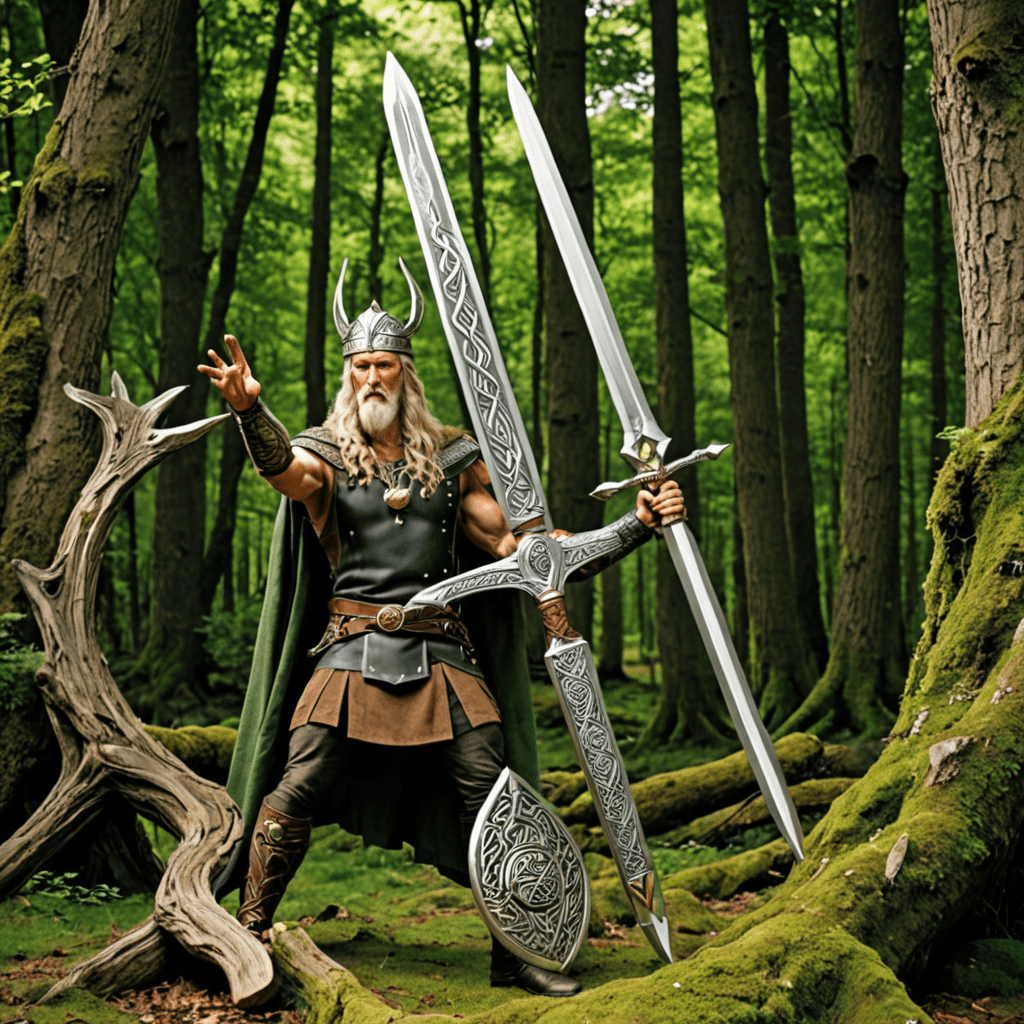Exploring the Concept of Balance in Celtic Mythology
Celtic mythology is rich with tales of gods, goddesses, and mystical beings, all intricately linked to the concepts of balance and harmony. Exploring the theme of balance in Celtic myths unveils a profound understanding of the interconnectedness of nature, the divine, and the human realm.
The Concept of Balance in Celtic Mythology
In Celtic mythology, balance is fundamental and woven into the very fabric of the universe. The concept of balance is reflected in the interconnectedness of nature, the changing of the seasons, and the relationships between different realms. The Celts believed in maintaining harmony and equilibrium to ensure the smooth functioning of the world.
Key to the concept of balance in Celtic mythology is the idea of duality – the balance between light and dark, life and death, male and female energies. The Celtic gods and goddesses often embody these dual aspects, symbolizing the interplay of opposites that is necessary for creation and growth.
The Role of Deities in Maintaining Balance
In Celtic mythology, deities play a vital role in maintaining balance in the world. For example, the goddess Brigid is associated with both the light of creativity and the transformative power of the forge. Her presence signifies the balance between nurturing and fierce energies, essential for the cycles of life.
Similarly, Cernunnos, the horned god of the Celts, represents the balance between the wild and the civilized, symbolizing the connection between the natural world and human society. Gods like Lugh and Morrigan also embody the dualities of Celtic myth, embodying both the gentle and the fierce aspects of existence.
Symbolism and Rituals of Balance in Celtic Culture
Symbolism and rituals in Celtic culture are deeply rooted in the concept of balance. The famous Celtic knot, with its intricate interwoven patterns, symbolizes the eternal cycle of life, death, and rebirth – a visual representation of the harmonious balance found in nature.
Rituals such as the Wheel of the Year, marking the transitions of the seasons, emphasize the importance of balance in Celtic spiritual practices. Through ceremonies, offerings, and celebrations, the Celts honored the delicate equilibrium between the natural world and humanity.
Conclusion
Exploring the concept of balance in Celtic mythology provides us with profound insights into the interconnectedness of all aspects of existence. The Celts believed that by honoring the dualities and maintaining harmony, we can connect more deeply with the divine forces that govern the universe. Embracing the wisdom of balance from Celtic myths can offer us guidance in navigating the complexities of our own lives, fostering a deeper connection to the world around us.
FAQ: Exploring the Concept of Balance in Celtic Mythology
What is the concept of balance in Celtic mythology?
In Celtic mythology, balance is a fundamental concept that emphasizes harmony and equilibrium in the natural world. It involves the interplay of opposing forces, such as light and dark, life and death, and order and chaos.
How does balance manifest in Celtic myths?
Balance is often depicted through the relationships between deities, the seasons, and the elements in Celtic myths. For example, the goddess Brigid represents the balance between healing and warfare, while the Wheel of the Year symbolizes the cyclical balance of life and death.
Why is balance important in Celtic mythology?
Balance is vital in Celtic mythology as it ensures the stability and sustainability of the natural world. It reflects the interconnectedness of all living beings and serves as a guide for maintaining harmony and respect for the environment.
How can we apply the concept of balance from Celtic mythology in modern times?
In modern times, we can learn from Celtic mythology by striving to find balance in our lives, relationships, and interactions with nature. By honoring the principles of equilibrium and interconnectedness, we can foster greater harmony and well-being in both our personal and collective environments.



